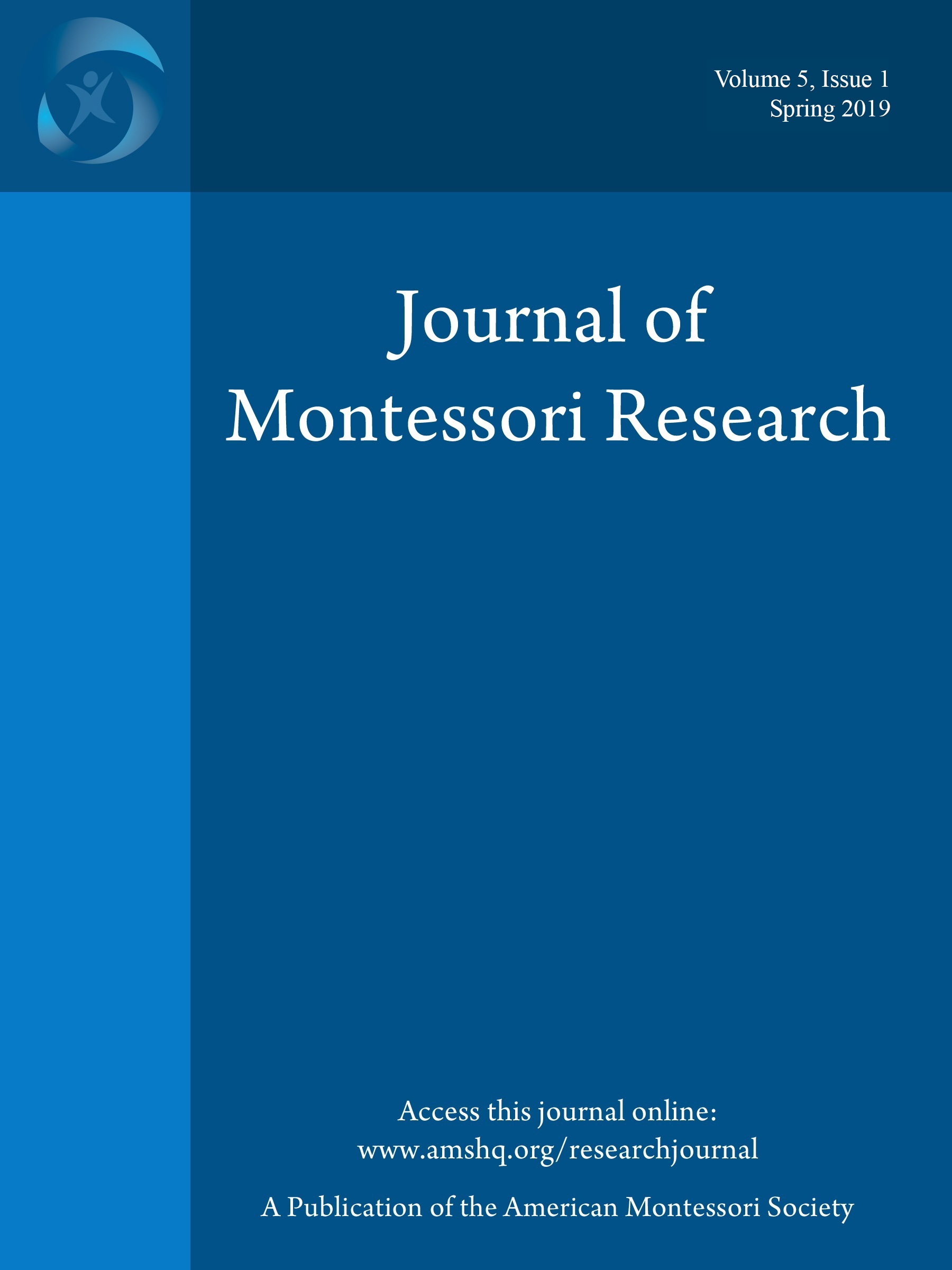Developing Instruments to Measure Montessori Instructional Practices
DOI:
https://doi.org/10.17161/jomr.v5i1.9797Ключевые слова:
Montessori education, fidelity measurement, instrument development, instructional practicesАннотация
Researchers who study any intervention must rule out potential alternative explanations for their results by establishing that the program being investigated is implemented with fidelity. Various instructional practices are attributed to the Montessori Method because the term is not legally protected, meaning any school can say it is Montessori regardless of the degree to which it adheres to practices generally understood to represent Montessori education. Researchers have used a variety of tools to measure the fidelity of Montessori environments they study, but most of these tools lack an extensive psychometric foundation or are labor intensive, requiring in-person observation. The purpose of this study was to examine the psychometric properties of instruments that were developed to measure Montessori implementation through Early Childhood (EC) and Elementary (EL) teachers’ reported instructional practices. Findings supported three hypothesized dimensions of Montessori implementation (structure, curriculum, and freedom), which worked fairly well in describing practices. While the properties of these instruments are promising and provide preliminary supporting evidence, results of this analysis suggest further refinement of the items in these instruments is necessary with larger and more diverse samples. While we do not suggest that these are finalized tools, we believe they provide a valuable starting point that is a vast improvement over the requirement of investigators to develop their own instruments as part of each Montessori study they design. The authors hope other researchers will incorporate these instruments into their studies to help build a robust body of evidence supporting their use.
Загрузки
Опубликован
Выпуск
Раздел
Лицензия
Copyright (c) 2019 Angela K. Murray, PhD, Jie Chen, PhD, Carolyn J. Daoust, PhD

Это произведение доступно по лицензии Creative Commons «Attribution-NonCommercial» («Атрибуция — Некоммерческое использование») 4.0 Всемирная.


